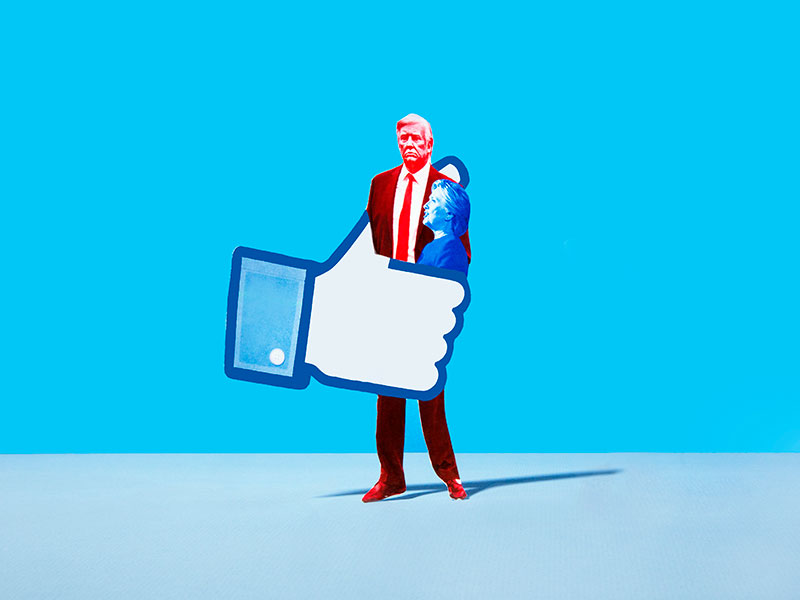Facebook faces fake news backlash following algorithm change
Brazil’s biggest newspaper has announced it will no longer publish content via Facebook, arguing new changes to the social media giant’s algorithm favour fake news over professional journalism

Facebook, Google and Twitter have all faced criticism for their respective roles in the proliferation of fake news during the 2017 US election and Brexit referendum
Facebook’s battle against fake news does not appear to be getting any easier after Brazil’s most popular newspaper announced it would no longer publish content on the site. On February 8, Folha de S Paulo argued recent changes to the social network’s algorithm prioritised misinformation over professional journalism, leaving the newspaper with little choice but to halt the posting of its content to the social network.
Last month, Facebook announced changes to its News Feed algorithm, reducing the amount of news in favour of more social interactions between family and friends. Ironically, this was intended to reduce the spread of misinformation on the platform by also prioritising high-quality sources.
However, it seems the reduction in news content has not gone down well with all publications, with Folha de S Paulo claiming it will facilitate the development of echo chambers or “bubbles of opinion”.
Online platforms know they now face greater pressure than ever to tackle the fake news phenomenon, but prioritising one source over another often leaves them open to accusations of “liberal bias”
On the same day the social network lost the support of Brazil’s most popular newspaper, it also faced accusations from a group of British MPs, who claimed the platform was not taking enough responsibility for the spread of fake news. The Commons Digital, Culture, Media and Sport Committee held a hearing in Washington DC to discuss Russian interference in the Brexit referendum and the 2017 US election, during which Facebook, Google and Twitter were all criticised.
Online platforms know they now face greater pressure than ever to tackle the fake news phenomenon, but prioritising one source over another often leaves them open to accusations of “liberal bias”. Nevertheless, Facebook has announced it will ramp up investment in security personnel, AI and original content in order to stem the flow of propaganda and out-right lies.
More worryingly, there is a fundamental issue at the heart of Facebook’s business model that makes tackling misinformation difficult. Platforms driven by advertising revenue will always value clicks over quality content and, as long as this remains the case, fake news will prove difficult to shift.













